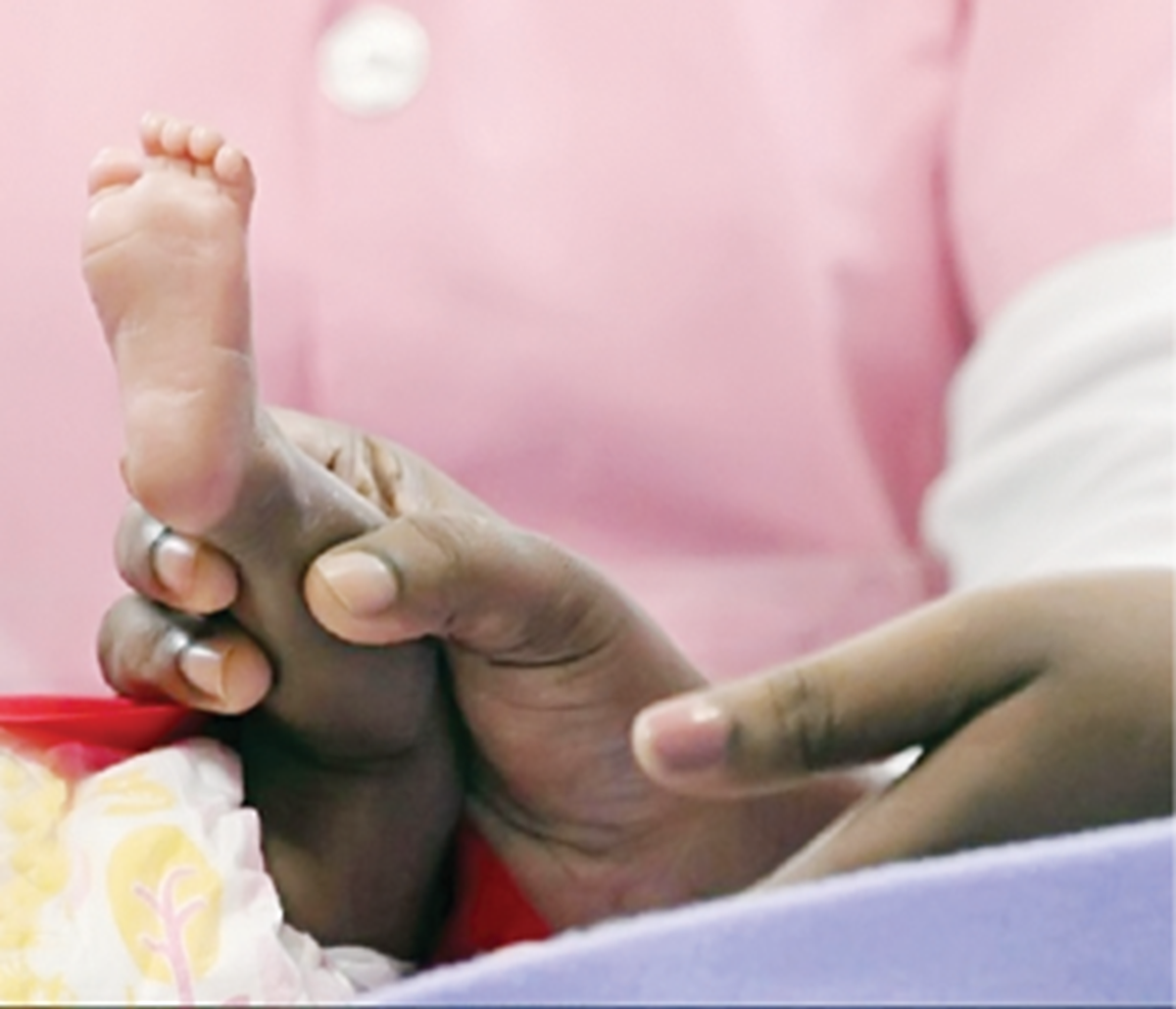By Agency reports
By: Vivian Ihechu (NAN)
Some medical experts have advocated for a comprehensive national audit of maternal deaths, emphasising the critical role of autopsies in understanding and reducing mortality rates across Nigeria.
Speaking on the sidelines of a media chat in Lagos, the medical researchers stressed the importance of a multi-disciplinary approach to investigating maternal mortality, which currently remains a significant public health challenge.
Prof. John Obafunwa, Director-General, Nigerian Institute of Medical Research (NIMR), said: “Every sudden, unexpected maternal death qualifies for an autopsy.
“Our current data collection methods are incomplete and fail to capture the full spectrum of maternal health challenges.”
Obafunwa, also a Specialist Forensic Pathologist, said the national audit of maternal deaths should extend beyond tertiary medical centres.
He emphasised that it should incorporate data from secondary and primary healthcare facilities, including local midwives and traditional birth attendants.
Prof. Oliver Ezechi, a Director of Research at NIMR, also emphasised the critical importance of implementing a national maternal mortality audit that includes comprehensive autopsy investigations to address Nigeria’s high maternal death rates.
ALSO READ FROM NIGERIAN TRIBUNE: Tinubu departs Saint Lucia for BRICS Summit in Brazil
According to him, most maternal deaths are sudden and unexpected, making them prime candidates for thorough pathological examination.
“Every sudden, unexpected death qualifies for autopsy,” the specialist noted, stressing the need for a multi-disciplinary approach to understanding maternal mortality.
“The proposed national audit should focus on the three leading global causes of maternal deaths: bleeding, hypertension, and infections,’’ Ezechi, an Obstetrician Gynaecologist said.
However, the professor of maternal, reproductive and child health argued that simply identifying these causes was insufficient, saying a deeper, more systematic investigation was required.
Key recommendations, according to him, are mandatory reporting of all maternal deaths, a “no-blame” review process and multi-disciplinary investigations involving pathologists, obstetricians, and healthcare professionals.
Also, a comprehensive autopsy protocol to establish precise causes of death is essential.
Ezechi recalled historical medical practices in the country whereby every maternal death required a detailed explanation, suggesting a return to more rigorous medical accountability.
The initiative aimed to create a robust healthcare framework that can effectively track, analyse, and ultimately reduce maternal mortality rates in Nigeria.
By establishing a national audit system, healthcare professionals hope to not only understand the root causes of maternal mortality but also develop targeted interventions to prevent future deaths.
He asserted that adopting the approach would be a critical step toward improving maternal healthcare and reducing mortality rates across Nigeria.
The OBGY identified bleeding, hypertension, and infections as the primary causes of maternal mortality, highlighting the need for more in-depth research and systematic data collection.
Ezechi urged that government and private sector support would be crucial in implementing this comprehensive approach to maternal healthcare monitoring and improvement. (NAN) (www.nannews.ng)
Edited by Oluwafunke Ishola
